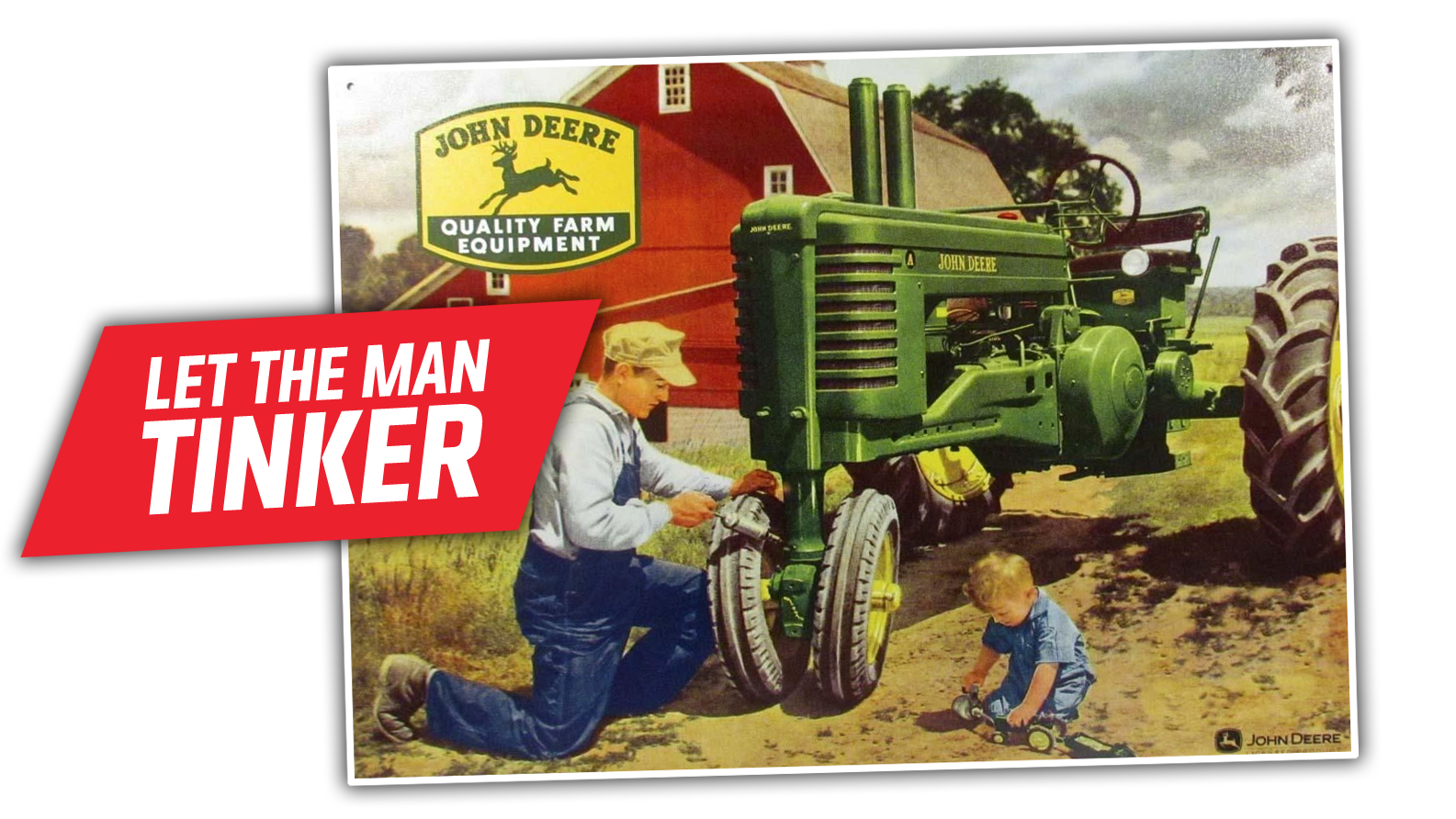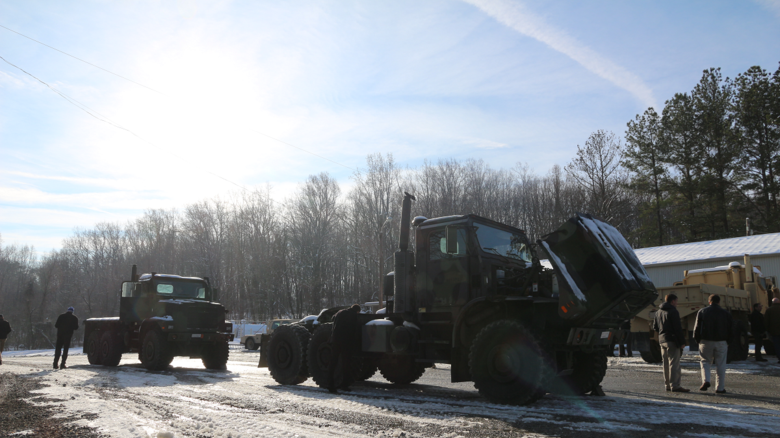There are reports all over the place that contradict this.
Here's just one from 2018.
Perhaps the wording of totaled is the issue, as an insurance write off certainly doesn't always mean the car isn't easily repairable. Had a CTS-V that was "totaled". Required a new HID headlamp assembly, some hardware, bumper cover and fender. Car wasn't financially worth rearing, but the damage was what most would consider to be minimal. IMO Tesla is being overly "tight" with what they allow back into the market. Unsure the reasoning, whether it's brand image they are worried about, or what the motivation is. It's not a good look for them though IMO.
I get there is some inherent danger with working on HV electrics that are typically above and beyond what you would find when working with gasoline or diesel (mostly out of a lack of education of the public at this point). I even understand the premise of restricting access to those components to authorized centers. Again, I think they are overly tight with it at this time.
Wonder what impact the lack of service for salvaged vehicles will be in the long term for Tesla. It was predicted that Ford F150's would have serious troubles getting repair shops to fix damaged panels when they moved from steel to aluminum. I don't think that has really come to fruition. I'm curious what will become of junkyards in the future with crashed electrics sitting around everywhere. Need an electrician to go in there with you to find a door panel for your 50yr old Model 3 in 2070?


